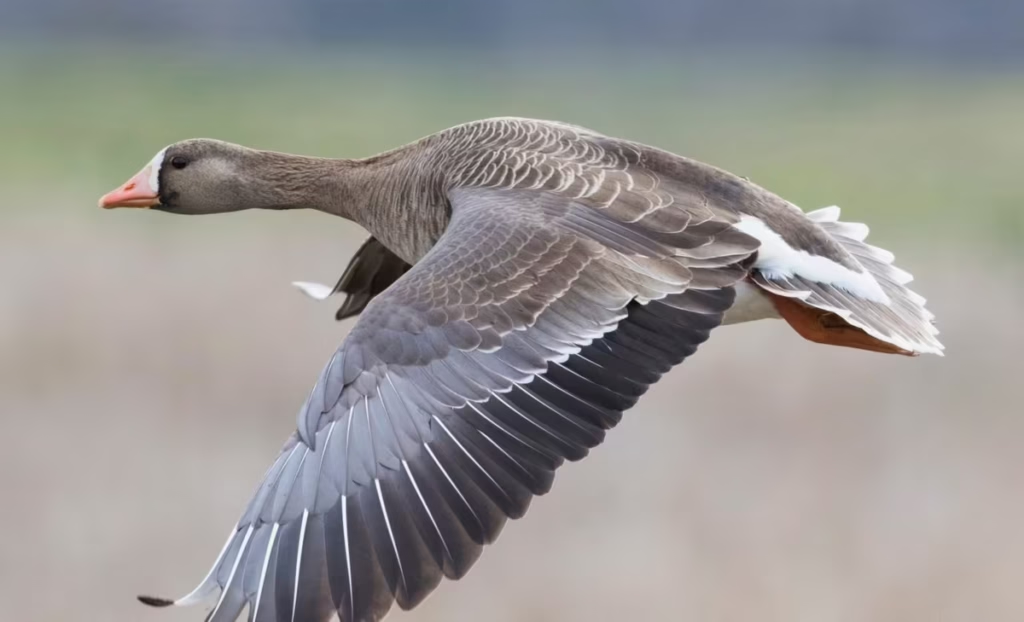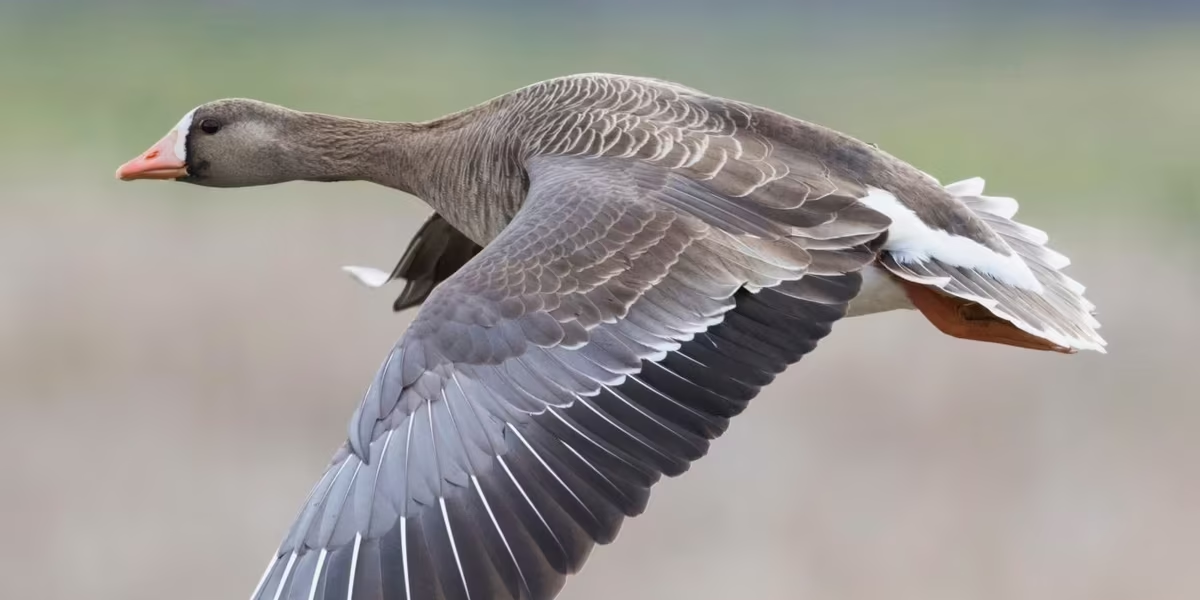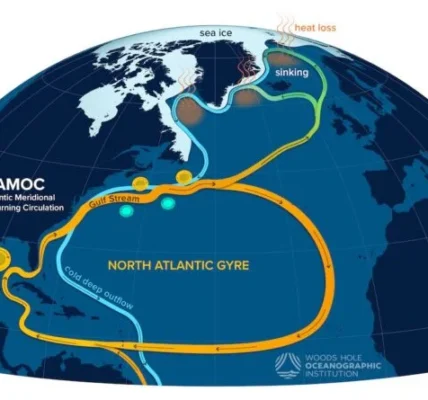As reported by Earth.com on September 10, a new study published in Nature Climate Change has found that Arctic birds are shortening their migration times to match the earlier spring season in the Arctic, which has long served as a sanctuary for migratory birds. Using GPS to track more than 500 migrations, the researchers discovered that the birds achieved faster migrations by adjusting their stopovers and feeding times. However, the scientists also warned that many bird species may not be able to permanently adapt to the rapidly advancing Arctic spring in the long term. (Earth.com)

The finding that birds are speeding up their migration to match the earlier springs emphasizes the profound impacts of climate change on Arctic wildlife. Like the birds in the study, numerous species in the High North rely on seasonal cues, such as the warmer temperatures in spring or the cooler temperatures in fall, to guide their behaviors. However, with climate change shifting these seasonal timings, the movement patterns of many Arctic animals are also changing, potentially disrupting sensitive ecosystems. For instance, the different responses of species could lead to a mismatch between predators and the prey that they hunt, interrupting the food chain and straining populations. Furthermore, habit changes are also placing additional pressure on Arctic animals. Warming temperatures have caused caribou herds to swim across previously frozen bodies of water, contributing to more drownings of young calves. The decline in sea ice has also negatively affected many marine mammals, which use ice as a birthing ground, den, and place of refuge. Meanwhile, the northward extension of the treeline into the tundra has exposed the Arctic fox to its larger, southern relatives—the red foxes—which compete for prey and space. Although the faster bird migrations observed in the study demonstrate the incredible resilience of the Arctic’s wildlife, the pace of change is continuing to increase and constitutes an existential threat to these unique animals. (Arctic Council, NASA, National Snow and Ice Data Center, World Wildlife Fund)




